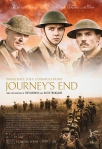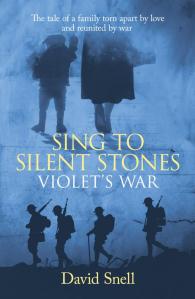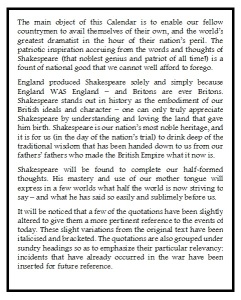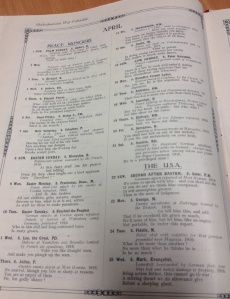A new film version of R C Sherriff’s Journey’s End was released a couple of months ago and I was very keen to see it.
I saw the revival of the play in London’s West End back in 2011 and it remains one of the most profound experiences I have had in the theatre and so while I was very keen to see the new big screen version I was also a little nervous.
For once I needn’t have worried, in director Saul Dibb’s hand the claustrophobia, tension and fear came through wonderfully. While the action did leave the dugout, which it didn’t in the stage version I saw, this didn’t alter the feel of the film. You went on that journey with Stanhope, Osborne, Raleigh absolutely, from behind the lines to going over the top you were with the men completely. The claustrophobia, fear and futility all came through thanks to the incredible cinematography and music score.
Despite a pretty starry cast the actors very quickly became their characters and I didn’t notice any anachronisms at all. Some reviews have been sniffy about the comedy brought to the film with the character of Mason – the long-suffering cook/batman/soldier. He has been called a pale imitation of Blackadder’s Baldrick which is absurd – the original material for Journey’s End was written in 1928 and so rather than Mason it is of course Baldrick who is the copy.
The film added some background detail to Stanhope and Raleigh’s relationship which was new to me, both from seeing the play and then later reading the script. I did bristle slightly at this because it didn’t seem authentic – however the joke was completely on me…
I wasn’t aware that the 1928 play had been rewritten into a novel by Sherriff and Vernon Bartlett and this is where the details of Stanhope and Raleigh’s pre-war friendship, and the romance between Stanhope and Raleigh’s sister, are fleshed out. To be honest I am not sure that the film needed to make these things explicit – they were perfectly clear in the stage play but I’ll allow them some dramatic license!
All in all I found this to be a thoroughly overwhelming (in a good way) film. The immediacy and emotion of the play will always be my favourite way to experience Journey’s End but this is a film adaptation that hasn’t spoiled the original for me.
If you’d like to know more about RC Sherriff and Journey’s End then I recommend browsing through Roland Wales’ RC Sherriff…and more website. I am now saving up to see if I can make a trip to Belgium this autumn to see the MESH Theatre Company perform Journey’s End actually in Ypres.
In the meantime do try to catch this film on the big screen if you can, the DVD is due out in June.























